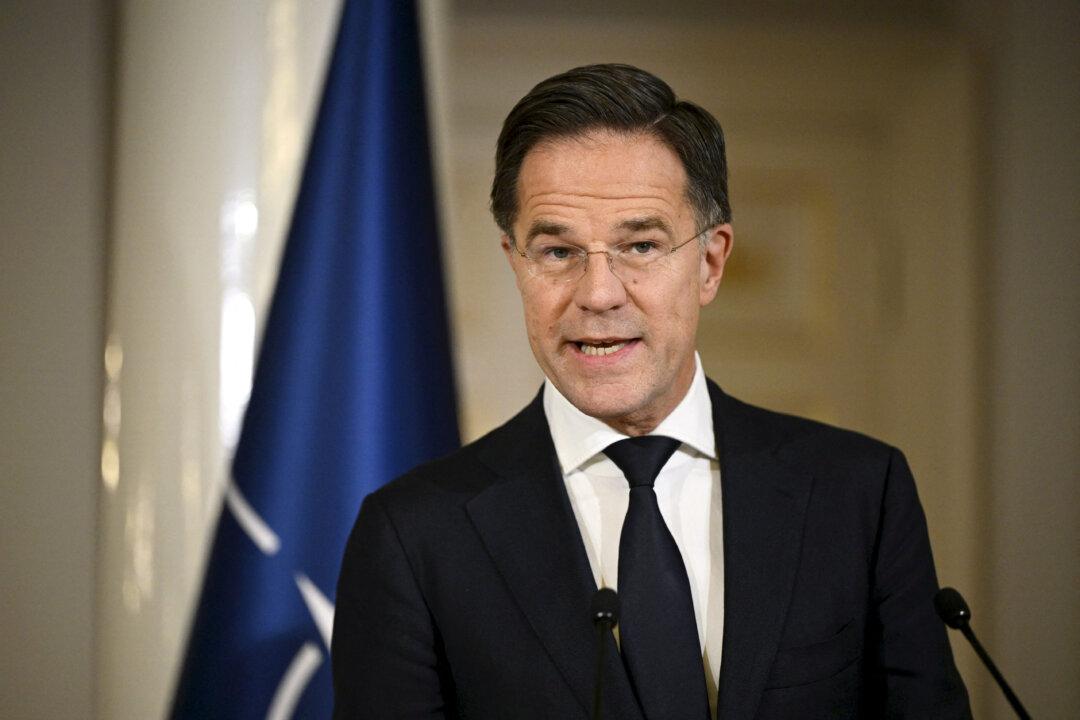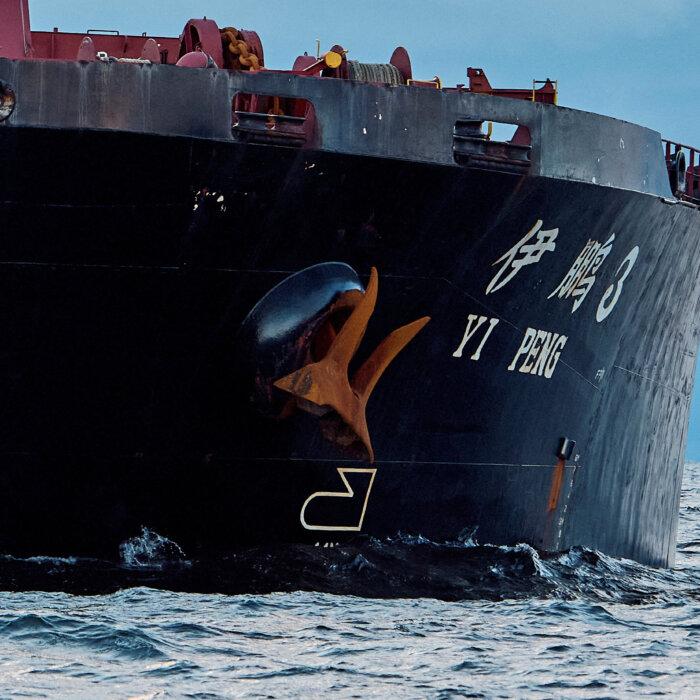NATO Secretary General Mark Rutte announced on Tuesday that the alliance would be launching a new mission to protect undersea cables in the Baltic Sea.
Finland, along with Sweden, became one of the alliance’s newest members in 2023, breaking with a decades-long policy of neutrality after Russia invaded Ukraine.
“It will involve a range of assets, including frigates and maritime patrol aircraft, among others, and will enhance our vigilance in the Baltic,” Rutte said, adding that a small fleet of naval drones will also be deployed “to provide enhanced surveillance and deterrence.”
The move follows a recent spate of incidents in the region that have heightened concerns about possible Chinese and Russian activities.
Announcing the new operation in the Finnish capital, Rutte said that more than 95 percent of internet traffic is secured via undersea cables and that some 808,000 miles of cables guaranteed financial transactions every day totaling an estimated $10 trillion.
“Across the alliance, we have seen elements of a campaign to destabilize our societies through cyberattacks, assassination attempts, and sabotage, including possible sabotage of undersea cables in the Baltic Sea,” he said.
Rutte said foes must know that NATO will not accept attacks on its critical infrastructure.
“We will do everything in our power to make sure that we fight back, that we are able to see what is happening, and then take the next steps to make sure that that doesn’t happen again,” he said.
Finland’s actions against the tanker showed that ships causing harm can be apprehended by law enforcement, Rutte said.
“Potential threats to our infrastructure will have consequences, including possible boarding, impounding, and arrest,” he said.
Following the meeting, which featured representatives from Germany, Poland, Finland, Latvia, Estonia, Norway, Sweden, and Denmark, German Chancellor Olaf Scholz said members were looking at targeting Russia’s shadow fleet in the area with sanctions as part of the effort.
“We will continue to take action against the Russian shadow fleet, including with sanctions that have already been introduced and others that may follow, including against specific ships and shipping companies that also pose a threat to the environment,” he said.
The “shadow fleet” are ships used by Moscow to move oil, arms, and grain around the world in violation of international sanctions, and the vessels are neither regulated nor insured by conventional Western providers.
Some 2,000 ships are crossing the Baltic Sea every day, making it difficult to monitor it all, Latvian President Edgars Rinkevics said.
“Let’s face it, we can’t ensure 100 percent protection, but if we are sending a bold signal, then I think that such incidents are going to decrease or even stop,” Rinkevics said.
Finnish President Alexander Stubb said further legal studies must be conducted to assess which measures can be taken against suspected rogue ships while preserving freedom of navigation rules.
Germany, Poland, the UK, the Netherlands, five Nordic nations, and the three Baltic states agreed to plans to “disrupt and deter” Russia’s shadow fleet in December 2024.
The plans included adding them to sanctions lists if they do not provide proof of insurance.
The Christmas Day incident involving the Eagle S was the latest in a series involving cables and pipes under the Baltic.
Two undersea fiber-optic cables in the Baltic Sea were damaged in November 2024.
First, on Nov. 17, a cable between Lithuania and Sweden was severed on Nov. 17. Less than 24 hours later, another link between Finland and Germany was cut.
A Chinese bulk carrier, the Yi Peng 3, has been cast as the prime suspect because its movements coincided with both incidents.







